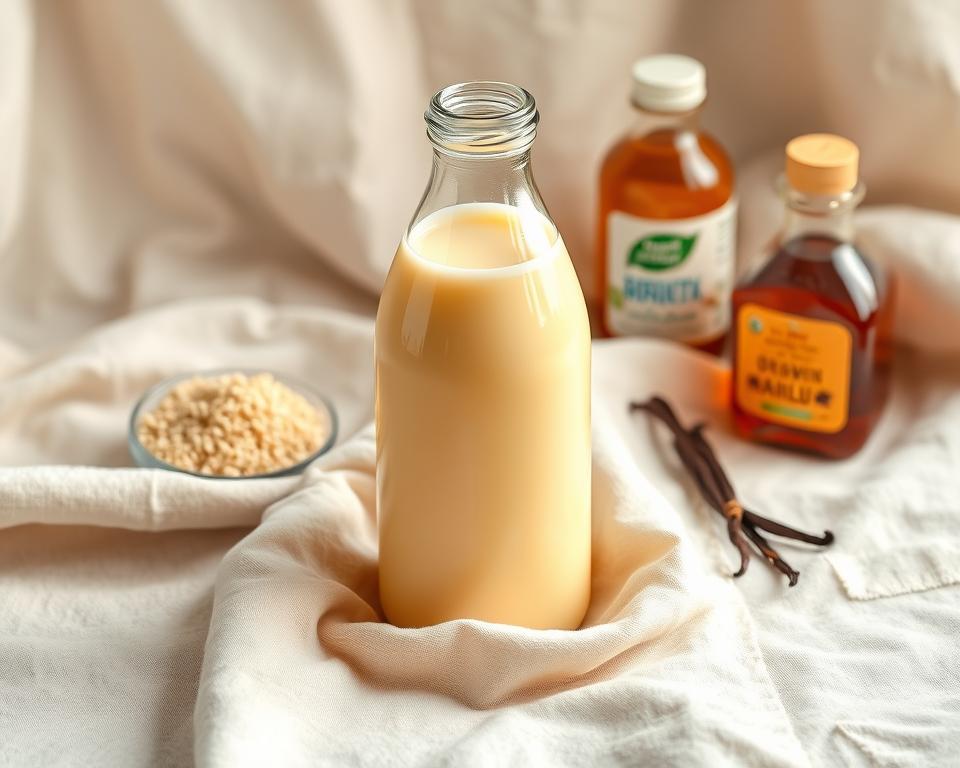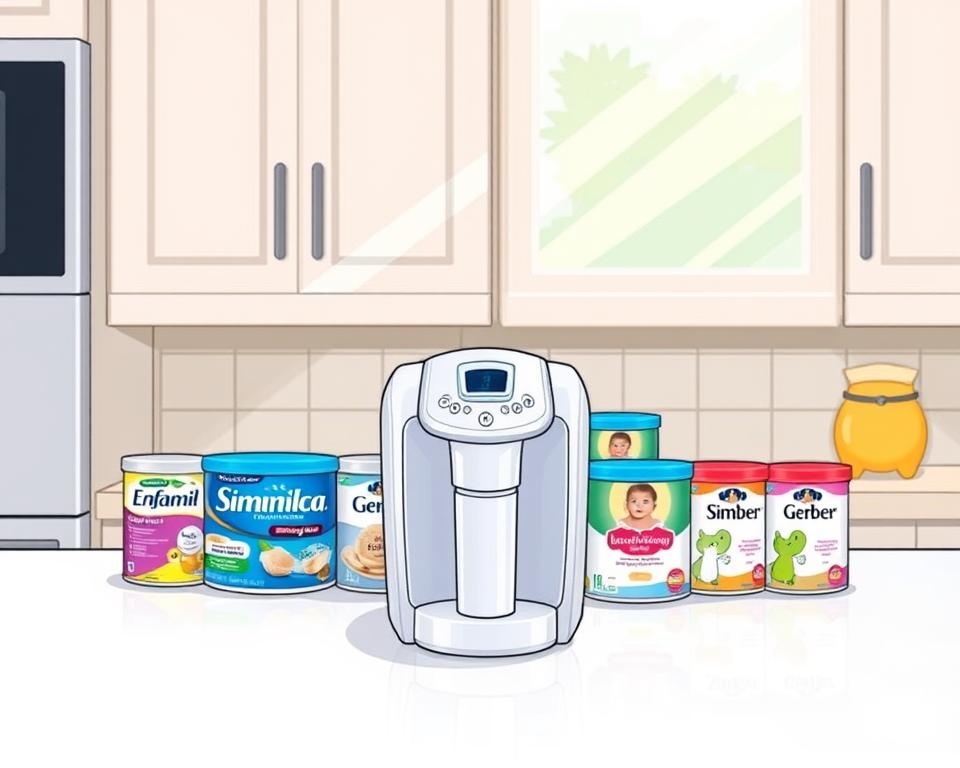Reliable Newbury Park Ca Junk Removal Services
Here’s a surprising fact: more than 40% of homeowners postpone projects due to not having a quick way to remove bulky items.
Dude Where’s My Junk In. serves Newbury Park county with local, full-service hauling to solve that problem. Two-person junk removal company Newbury Park Ca crews show up on schedule, perform the heavy lifting, and safeguard floors and walls on each job.
Depending on availability, you can book same- or next-day service, choose on-site or curbside estimates, and receive clear volume-based pricing with no surprises.
Donation-first for usable electronics and appliances, plus recycling streams when items can’t be donated, keeps disposal responsible and reduces landfill impact.
It’s easy to book—call, text, or request online. Get a quick estimate by phone and choose contactless curbside pickup or in-home full-service removal.
Your Trusted Newbury Park Junk Removal—Dude Where’s My Junk In.
People across Newbury Park trust Dude Where’s My Junk In. for careful, well-communicated pickups. We’re neighborhood-focused and send trained two-person crews that show up on time and review the plan before lifting.
We offer same- or next-day scheduling when available and provide on-site walkthroughs for accurate, volume-based quotes. That helps you get rid of clutter without surprises.
Home and business protection throughout the work, with a final sweep. Donation and recycling come first whenever items are usable, so we support local sustainability across Hobson Heights, Rio Lindo, and other neighborhoods.
- Neighborly crews with respectful conduct and transparent pricing
- Full-service approach: lift, load, protect, and sweep
- Local team knows parking, access, and HOA rules
- Clear list of acceptable and restricted items
- Ask for a rapid quote for urgent removals

Newbury Park Ca Junk Removal Services
Clear, fast cleanouts make it easy to reclaim space in homes and businesses.
Residential junk cleanouts
We handle garages, basements, and spare rooms. For boxed or staged items, curbside pickup offers a fast, contactless solution.
In-home jobs include door and floor protection during every lift.
Commercial junk cleanouts
Office/retail and property management turnovers are calendared to keep tenant-ready timelines on track. We offer off-hours work to minimize customer and staff impact.
Items we haul
We commonly haul furniture (couches), mattresses, TVs/electronics, refrigerators/appliances, hot tubs, exercise machines, yard waste, and job-site debris.
What we can’t take
We can’t take hazardous waste, chemicals, or restricted items. If you have these items, we’ll point you to proper disposal options.
| Type | Typical Areas | Common Items | Scheduling Notes |
|---|---|---|---|
| Home | Garages/basements/spare rooms/curbside | Furniture, mattresses, appliances, green waste | In-home or curbside; photos welcome for estimates |
| Business | Offices, retail, property turnovers | Desks, fixtures, electronics, job-site debris | Off-hours available to reduce disruption |
| Restrictions | Any site | Hazardous/chemical/restricted materials | We provide disposal guidance and recycling options |
Combine items into a single visit to reduce volume cost; donation/recycling sorted when feasible
Why pick our Newbury Park junk removal team
Under tight timelines, we work quickly while caring for your space. Move-outs, renovations, and quick refreshes can often get same- or next-day scheduling.
Speedy scheduling
Schedule by phone/text/online and receive the soonest arrival window. We share ETA updates so you know when we’ll be there.
Complete heavy lifting
Our two-person team lifts and loads with care. Pads, dollies, and straps are used to protect floors, walls, and belongings.
Local service with a neighborly touch
Across Newbury Park county neighborhoods, we follow parking and building rules. Uniformed crews act respectfully and perform a sweep-up after loading.
| Feature | What to Expect | Best For | Benefit |
|---|---|---|---|
| Scheduling | Same/next-day as available | Renovations and move-outs | Quick turnaround |
| Crew and Gear | Two-person team with pads and dollies | Large/awkward items | Safe heavy lifting |
| Local Know-how | Parking/access tips for neighborhoods | HOAs and tight streets | Smoother jobs, less delays |
Transparent, volume-based quotes are provided before any items are moved. Booking early helps lock in early arrivals and a courteous experience
Eco-friendly Disposal, Recycling, and Donation
Each truck run starts with sorting, which keeps usable goods circulating locally. We prioritize donation whenever possible for working electronics and appliances so local organizations benefit.
Electronics & appliances handled carefully
We process electronics to prevent leaching toxins from plastics, metals, and batteries. When items work, we offer donation paths to charities and shelters.
Ask for donation receipts from our partners when available.
Recycling done responsibly to reduce landfill waste
Non-donatable items go into designated recycling streams. Metal, cardboard, and certain plastics are diverted to the proper facilities to limit waste and harmful disposal.
We sort on the truck to streamline donation and recycling outcomes and simplify disposal at our partners.
Keeping Newbury Park County clean with thoughtful disposal
Thoughtful disposal protects local water and community health. During your estimate, request eco-options and we’ll plan the right path for each pickup.
Eco practices come standard with our service—not an extra. Join us in reducing landfill impact with every pickup
| Action | Our Approach | Outcome |
|---|---|---|
| Donation First | Working electronics and appliances sent to local groups | Supports local charities and extends useful life |
| Recycling Streams | Separate processing for metals/cardboard/select plastics | Reduces landfill waste and recovers materials |
| Safe disposal | Hazardous components kept out of landfills | Protects soil and water quality in Newbury Park County |
Transparent Pricing and Quotes
Pricing is based on the space your items occupy, so you’ll know cost before any lifting.
Our upfront pricing is volume-based. That means you pay for the truck space used, not for the clock. A clear estimate comes before lifting begins to prevent surprises.
Upfront volume estimates—no surprises
On-site estimates by a two-person crew cover bigger jobs. Smaller pickups can get fast photo-based curbside quotes.
Quotes on-site or curbside; bundle to save
Bundling multiple items into one visit reduces your per-load cost. We can prioritize removals to fit your budget.
- Included in pricing: loading, labor, clean-up, and regular dump fees.
- Extra effort areas—steps—is addressed before starting so the estimate remains correct.
- Time blocks and estimated arrival times let you plan your day without waiting around.
- Each estimate are no-commitment and good for a clear timeframe; send photos to get a faster quote.
| Estimate Type | When to Use | What It Covers | Customer Benefit |
|---|---|---|---|
| Volume-based onsite | Large jobs | Truck space pricing, labor, clean-up | Precise, transparent total |
| Curbside/photo quote | Light hauls or urgent need | Quick estimate, scheduling | Fast service, easy |
| Bundled load | Multiple items in one visit | Group pricing, haul away | Cheaper overall rate |
How Our Junk Removal Service Works
Pick a time slot — we handle the rest. Scheduling is easy: phone in, message, or submit an online request and select your preferred time that fits your day.
Easy booking and on-time arrival
Once your pickup is requested, we share time updates so you know the expected time. A uniformed two-person crew shows up on time and reviews the job before starting anything.
Just point and we haul it
Show us the junk and our crew does the heavy lifting, safe loading, and clean-up. We use pads, dollies, and straps to safeguard surfaces and entryways.
Curbside or in-home pickup
Curbside pickups are quicker and often lower cost with no-contact service. Interior pickup is white-glove: we take stuff from any room and clean up afterward.
- Final price is confirmed before pickup and we stick to the quote.
- We sort items to donate and recycling during the process to make dumping faster.
- Having clear walkways makes things faster and keeps us efficient.
| Step | What Happens | Customer Benefit |
|---|---|---|
| Book | Call, text, or online request; set your time | Fast scheduling that fits your time |
| Arrival | Uniformed two-person crew with tools and pads | Safe heavy lifting and home care |
| Load & Sort | Point items; crew takes care of everything | Efficient haul away and eco-friendly disposal |
| Wrap-up | Final price confirmed, and clean-up done | Transparent, clean space |
Targeted Junk Removal Services
When properties face big transitions, focused removal avoids delays. Dude Where’s My Junk In. handles specialty cleanouts and job-site cleanups with speed and care.
Compassionate cleanouts: Estate, foreclosure, eviction, and hoarder house cleanouts are done respectfully. We customize the service to honor each situation while clearing unwanted items quickly.
Post-reno and builder junk
We remove building debris like tiles, lumber, and fittings. Flexible scheduling and full-service loading help projects stay on track.
Specialty pickups and heavy items
Emptying storage lockers, taking down fencing, and big stuff like spas and gym equipment are done with the right equipment and techniques. Let us know about tricky items so crews arrive prepared.
- Commercial junk removal: shelving, displays, and back-room junk for businesses
- Yard debris and green waste processed separately for recycling
- Smart sorting while loading to divert donations and recyclable materials
- Work with landlords to follow building policies
| Service | Typical Items | Benefit |
|---|---|---|
| Estate & sensitive cleanouts | Household goods, personal property | Discreet, tailored plans |
| Construction debris | Wood, drywall, tile | Fast haul away and correct dumping |
| Heavy-item removal | Pianos, hot tubs, exercise equipment | Specialized equipment and crews |
For pre-listing or pre-renovation cleanouts, book ahead to improve presentation and workflow. Clear communication helps us prep the right gear and avoids setbacks.
Where We Work in Newbury Park County
We match local know-how with flexible scheduling to clean out areas for homes and businesses quickly. Dude Where’s My Junk In. serves every major city and a wide range of neighborhoods across Newbury Park county so you get consistent arrival windows and proactive ETA updates.
Cities We Cover Most
We serve Newbury Park, Newbury Park, Port Hueneme, Newbury Park, Ojai, Santa Paula, and Fillmore. These get priority runs get frequent runs to reduce delays and reduce wait times.
Neighborhood coverage
Neighborhoods include Rio Lindo, Hobson Heights, Channel Islands, Riverpark, The Avenue, and Saticoy. Knowledge of street access and permit know-how help speed up entry for quicker service.
Extended coverage
We also serve Thousand Oaks, Newbury Park, Moorpark, Simi Valley, Oak Park, and Westlake. That coverage covers both residential and business addresses with the trusted reliability.
- Easy booking for homes, offices, and property managers.
- Contact-free pickup for gated or limited-access properties.
- We remove items from inside, garages, backyards, and storage spaces.
- Ask about neighborhood bundle pickups to cut costs and time.
- Agents and landlords: call for tailored plans to match move-out timelines.
| Area Type | Benefit | Best For |
|---|---|---|
| Primary cities | Frequent runs, fast turnaround | Speedy appointments and rush jobs |
| Neighborhoods | Street-level insight prevents holdups | HOAs, gated streets, and tight parking |
| Extended towns | Consistent arrival windows across the county | Multi-property or commercial projects |
Contact us to confirm availability for your neighborhood or to set up bulk pickups that saves on each visit.
Final Thoughts
A tidy finish and clear estimates help you stay on schedule and on budget.
Dude Where’s My Junk In. is the area’s cleanup team to contact for fast, fair work. Our 2-worker teams offer same- or next-day appointments when available and treat your space with respect.
We quote by space used and give clear prices before starting work. Bundle items to save and choose curbside or in-home pickup to match your schedule and access needs.
Donation and recycling come first to minimize landfill. We haul furniture, appliances, electronics, hot tubs, exercise equipment, construction debris, garage cleanouts, and more.
Get a fast estimate by reaching out today and clear your space fast. Expect a tidy sweep-up after every job and the local team trusted across the county for honest rates and responsible removal.









